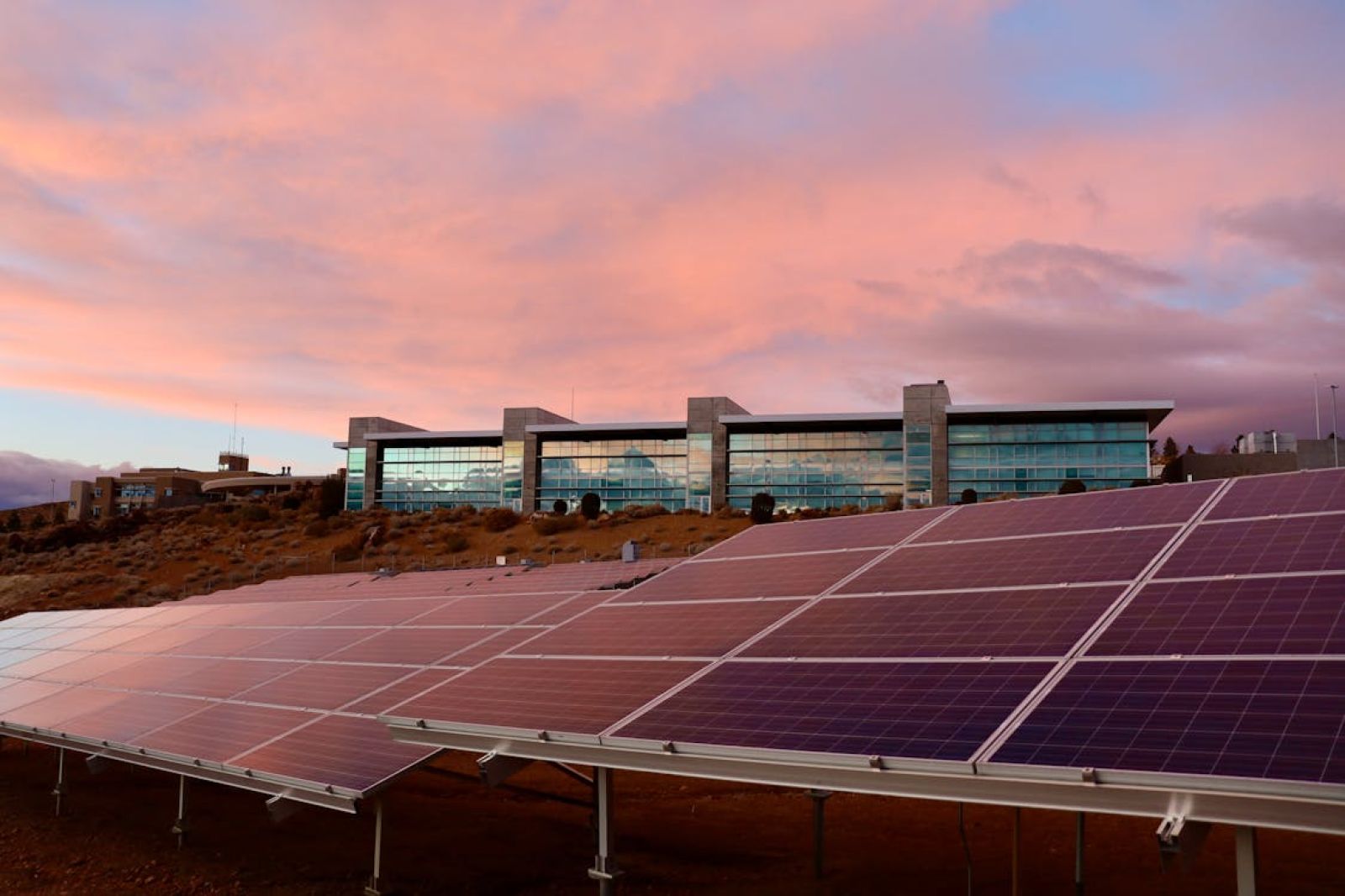🌡️ This unexpected impact of solar panels on temperatures
Published by Cédric,
Article author: Cédric DEPOND
Source: Nature Cities
Other Languages: FR, DE, ES, PT
Article author: Cédric DEPOND
Source: Nature Cities
Other Languages: FR, DE, ES, PT
Follow us on Google News (click on ☆)
A survey conducted by Indian scientists reveals an unexpected impact on urban temperatures. Measurements in Kolkata show a temperature increase of 2.7°F during the day (rising up to +5.8°F during the hottest hours), exacerbated by the low albedo of solar panels. This phenomenon deserves particular attention in the context of the energy transition.

Pexels illustration image
The study, published in the journal Nature Cities, employed a novel approach. The researchers used an advanced model, combining the WRF (weather forecast) model with the Building Energy Model (BEM) and the Building Effect Parameterization (BEP). This allowed them to incorporate heat transfer factors that were neglected in previous studies, particularly heat transfer by convection.
The results are striking: only 20% of the solar energy collected by the panels is converted into electricity, whereas the rest contributes to their heating, causing a rise in nearby temperatures. However, at night, a slight cooling of 1.1°F was observed, highlighting the duality of the effects of solar panels.
To validate their findings, the researchers also conducted experiments in other cities, including Sydney, Brussels, and Athens. In Sydney, a 16.2°F increase was measured during the day, while in Brussels, the rise was 2°F. These variations emphasize that the impact largely depends on the local climate.
The widespread adoption of solar panels in cities could exacerbate the urban heat island effect. This situation, already favored by urban density and a lack of vegetation, calls for reflection on the integration of renewable energies into urban strategies.
The scientists propose integrated solutions to mitigate these undesirable effects. The use of reflective materials and hybrid panel systems could reduce heat while maintaining the panels' energy efficiency.
It is essential to find a balance between the use of renewable energies and the thermal comfort of cities. Upcoming innovations, such as green roofs or cooling materials, could offer a solution to the problems posed by solar panels.
These findings invite a reconsideration of the integration of solar panels into urban planning. The benefits of renewable energy should not come at the expense of the urban climate.